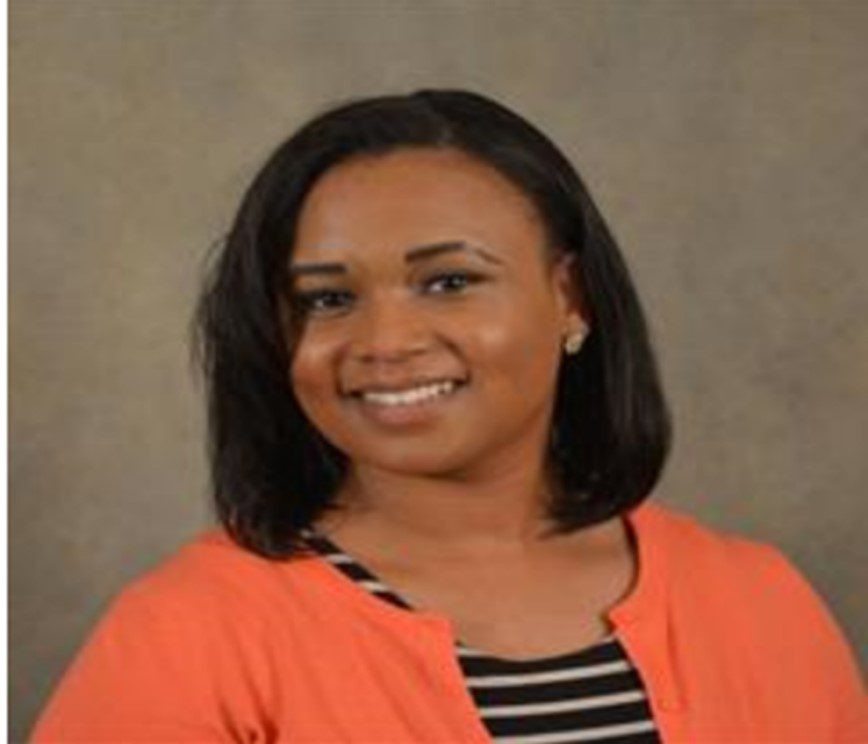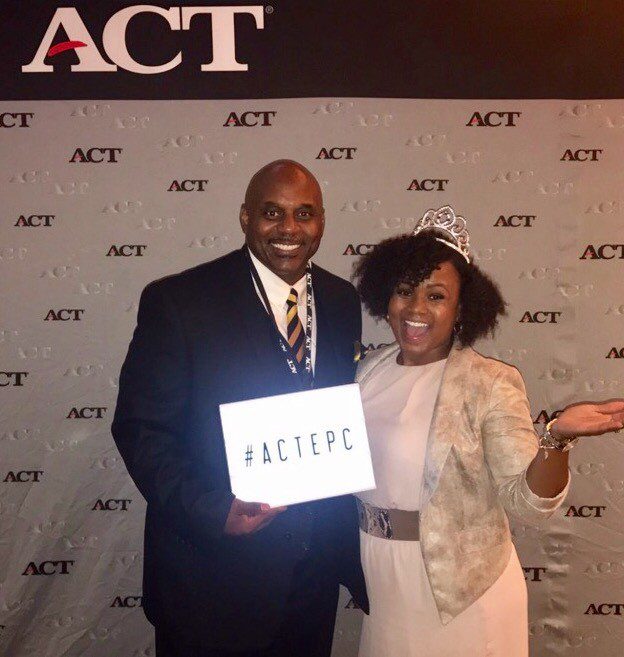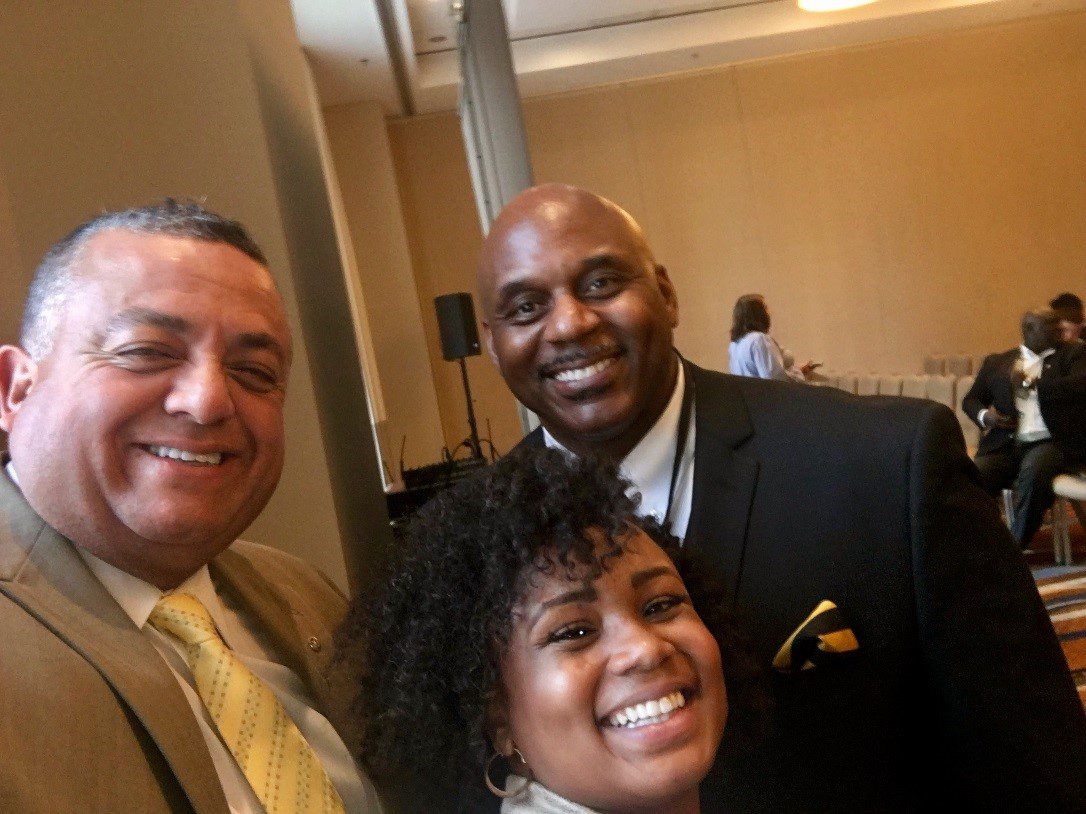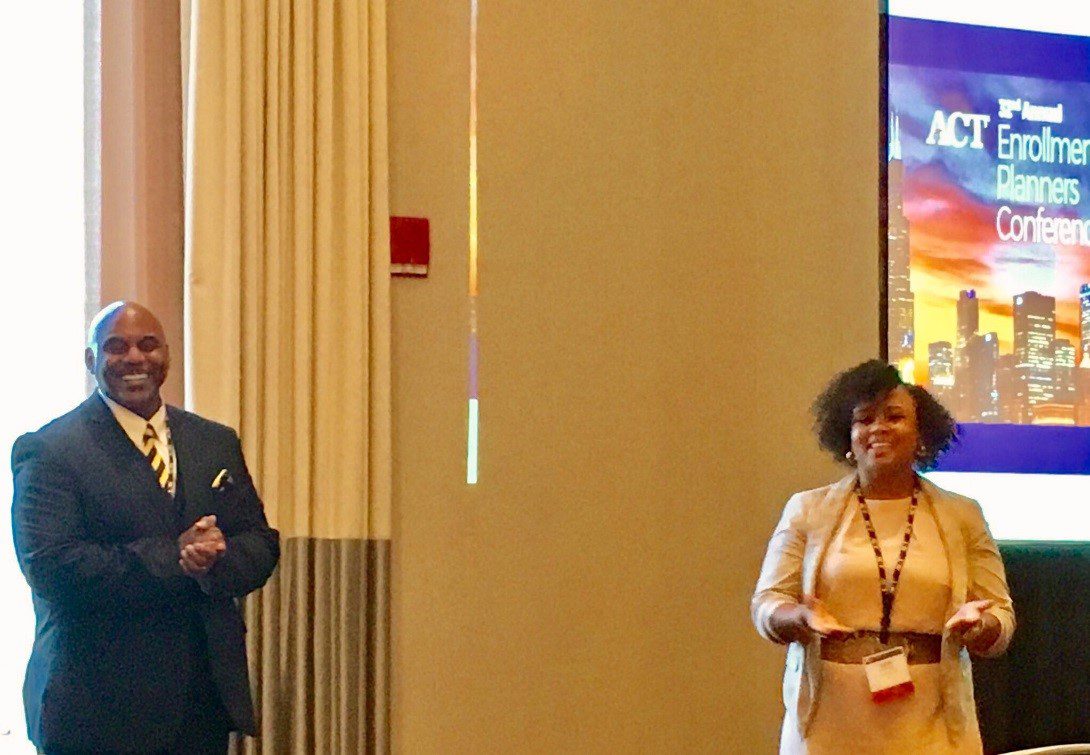
Interning with ACT Center for Equity and Learning was appealing to me because when I hear the term equity, I instantly think of the image of the three individuals looking over a fence into a ballpark. Equity showed fairness by giving each person a box to stand on; whereas, equality showed sameness by giving each person the same chance to see. As an African American female my journey through education was equal, not always equitable. Witnessing a company like ACT Center for Equity in Learning taking on the challenge of providing equity in education for students who are underrepresented was most appealing to me. ACT has given me the opportunity to have equitable education through the ACT scholar program. Being a scholar through the Center for Equity in Learning allows me to be a part of something bigger than myself which is both challenging and rewarding.

There has not been a dull moment during my internship experience. In fact, I have a few highlights that really made a lasting impression. For starters, participating closely with the Distinguished Lecture Series which invites exceptional educators who are reaching underserved students in extraordinary ways. During this lecture series I had the pleasure of meeting Dr. Joyce Brown, Michael Bonner and Maurice Swinney. The second highlight was attending and presenting at the 32nd Enrollment Planning Conference (EPC) with my supervisors Lew Montgomery and Juan Garcia.
As a counselor educator my duty and responsibility is to advocate for the counseling profession. I felt inspired when Dr. Joyce Brown mentioned the need for school counselors to have fewer tasks unrelated to postsecondary success and provide training that strengthened school counseling and college advising. After weeks of brainstorming ideas about what I could bring to ACT with my knowledge in counseling and hearing Dr. Brown speak so passionately about school counselors, I was motivated to take on the challenge of providing professional development for all school counselors, especially those in high poverty areas.

Professional development for school counselors is important in our work to achieve education equity because school counselors have the unique ability to not only spot the problem, but lead a college and career- ready agenda (Hines & Lemons, 2011). According to the National Survey of School Counselors (2011), on average, counselors in schools with higher rates of students on free or reduced-price lunches, or higher rates of minority students, also face larger caseloads. This study also reported 68 percent of school counselors aspire to ensure low-income and disadvantaged students receive extra help. However, 29 percent reported doing so in reality. When I think of equity it is not only for the student but for school counselors. Many schools are not receiving equitable resources, especially those in high poverty areas. For instance, a 2009 High School Longitudinal study (Radford, Ifill & Lew) reported 78 percent of students from a private school are 75- 100 percent more likely to take advantage of school help with college admission. Whereas, 36 percent of public school students take advantage of school help with college admission. It is more common for counselors at private schools than public schools to report students taking advantage of the schools assistance of when and where exams were offered, which is likely to reflect their higher four-year college attendance.

In sum, school counselors are a valuable part of student postsecondary success; however, with the lack of funding, training and resources can negatively impacts our student’s future. Examining the barriers and inequity many school counselors face can change with quality professional development in college and career readiness and social emotional learning. Therefore, it is imperative to provide school counselors with adequate training, resources and support to better prepare our students for postsecondary success.
Roseina Britton M.A., NCC is an ACT Scholar and a third year counseling education and supervision doctoral student at the University of Iowa. Roseina’s research interest includes HIV/AIDS, disability, advocacy and social justice and wellness. As an ACT intern this summer, Roseina’s research examined school counselor desire for professional development in social emotional learning and college and career readiness.
